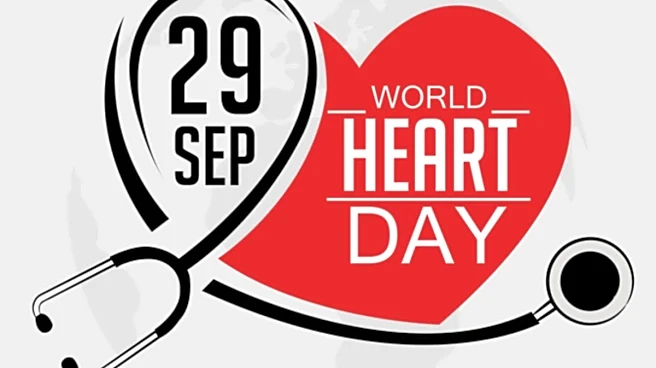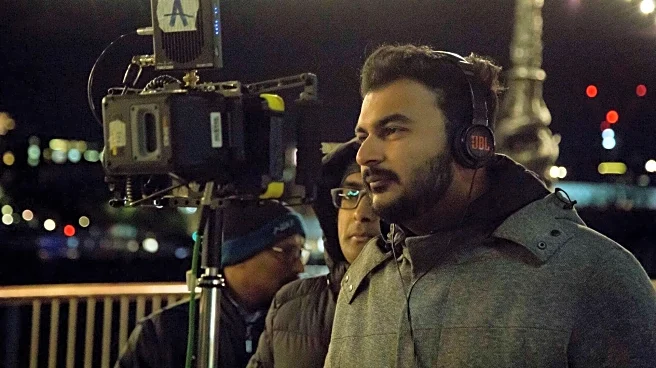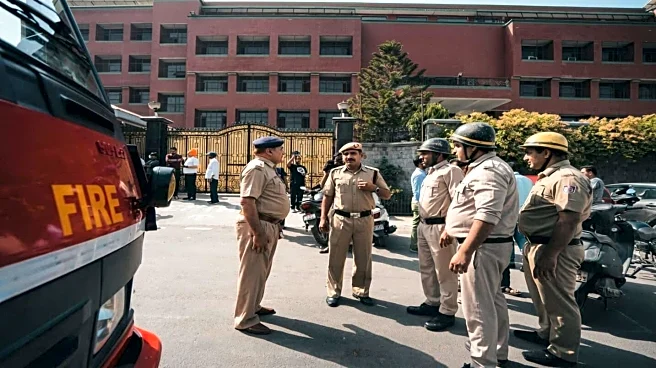For decades, heart disease has been stereotyped as a “man’s problem.” Media stories often reinforce this by spotlighting men in their prime suddenly collapsing from cardiac arrest. Women, by contrast,
rarely feature in these narratives, leading to the dangerous assumption that they are less vulnerable.
The reality is far different. Cardiovascular disease is the leading cause of death among women, but because it presents differently and is often misunderstood, women receive less timely and effective care.
Missed Signs, Missed Care
“Heart disease in women is under-recognized and under-treated,” warns Dr Himani Sharma, Clinical Head & Senior Consultant, Obstetrics & Gynecology, Cocoon Hospital, Jaipur. While men typically report chest pain, women may feel discomfort in the back, jaw, or stomach, often accompanied by nausea or breathlessness. These less obvious symptoms can be mistaken for digestive issues, stress, or fatigue. Dr Sharma points out that cultural attitudes compound the problem: women’s complaints are too often dismissed as anxiety, resulting in misdiagnosis and delayed treatment.
Hormones, Lifestyle, and Hidden Risks
Adding to the complexity is the role of hormones. Estrogen provides a degree of natural protection to women during their reproductive years, but as Dr. Aruna Kalra, Director of Obstetrics and Gynecology and Robotic Surgeon, C K Birla Hospital, Gurgaon, explains, that protection doesn’t last forever. “As women approach menopause, this shield fades,” she says. Symptoms like bloating, fatigue, or body aches already common in midlife can mask the warning signs of heart disease.
At the same time, modern lifestyles are stacking the odds against women’s cardiac health. High-pressure jobs, frequent travel, excessive workouts, and rising alcohol and drug use all contribute to higher risk. “Unfortunately, both women and healthcare providers often attribute these signs to menopause or lifestyle factors rather than the heart,” cautions Dr. Kalra. Without regular preventive checkups, these risks often remain invisible until it’s too late.
Changing the Conversation
For Dr. Tejashri Shrotri, Senior Consultant and IVF Specialist at Medfemme Women’s Clinic and Apollo Cradle Royale, the solution begins with breaking the silence. “For years, women’s heart health hasn’t received the attention it deserves,” she says. Menopause is a pivotal stage that heightens cardiac risks, but one that remains under-discussed in both clinics and communities. “We really need to start having these conversations more openly, push for regular screenings, and make sure women get care tailored to their specific needs.”
Closing the Gender Gap
Taken together, these insights underscore an urgent truth: women’s cardiac health can no longer remain overlooked. The differences in symptoms, the masking effect of menopause, lifestyle stressors, and cultural biases all conspire to leave women vulnerable. But with greater awareness, routine screenings, and gender-sensitive care, this gap can be closed.
Heart disease doesn’t discriminate but healthcare too often does. Ensuring women receive the recognition and treatment they deserve isn’t just about fairness; it’s about saving countless lives.






/images/ppid_a911dc6a-image-177097448718985238.webp)

/images/ppid_a911dc6a-image-17709744373873034.webp)




